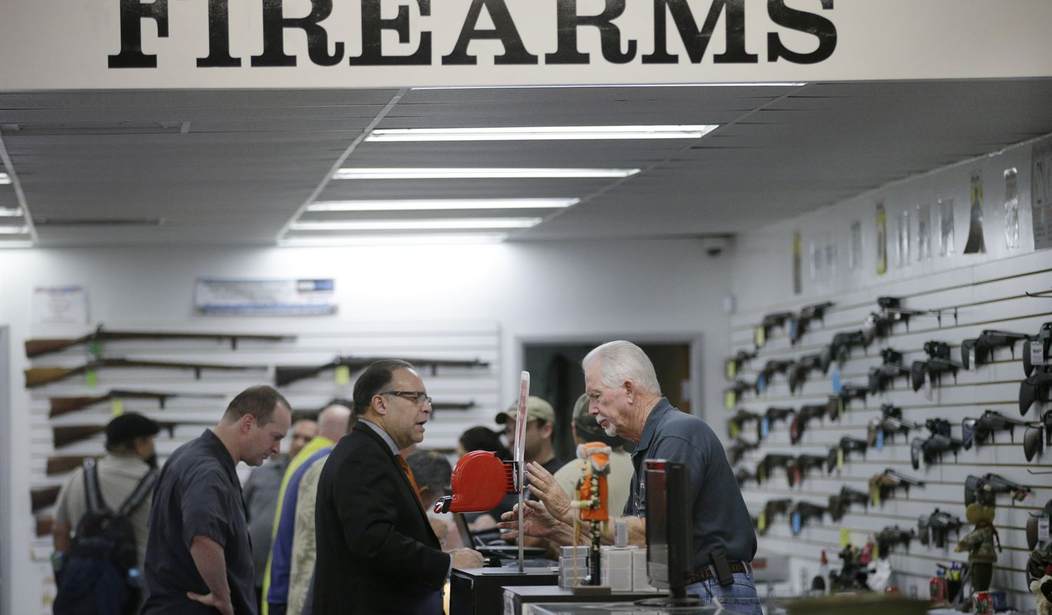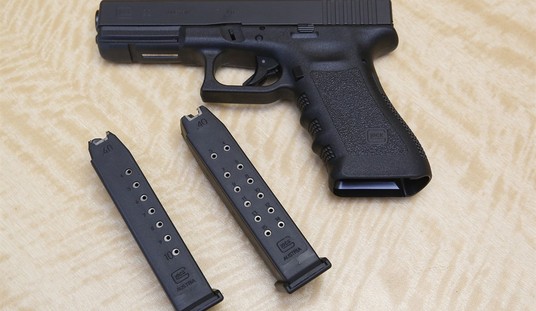A day after House Democrats narrowly approved a bill mandating “universal” background checks on the vast majority of private transfers of firearms, the state Senate voted down the measure on a vote of 21-13; a welcome turn of events and a sign that while pro-gun Democrats in the state may be an endangered species they’re not quite extinct just yet.
The bill from House Speaker Rachel Talbot Ross, D-Portland, would expand background checks to private firearm sales, transfers and gun show deals. Sellers who violate the background check requirements would face a fine of up to $1,000. Unlike the 2016 referendum, it would not restrict loaning guns to family members.
Gov. Janet Mills had been working with the Sportsman’s Alliance of Maine on a compromise package of gun control bills, though the status of that effort is unclear with the clock ticking on the current legislative session. Mills went ahead Monday with signing a standalone state “straw” purchase ban that mirrors an existing federal ban on sales or transfers of firearms to people prohibited from possessing them.
The gun control debate in Augusta has played out after April’s mass shooting in which a man allegedly killed his parents and their two friends in Bowdoin before wounding a father and his two adult children on Interstate 295 near Yarmouth.
Maine Gov. Janet Mills stayed quiet about the background check measure after it passed the House, neither encouraging the Senate to follow suit or threatening to issue a veto. As the Bangor Daily News noted, the governor has been working on some gun “reforms” of her own, and none of them feature any expansion of the state’s background check system.
Mills had been working with the Sportsman’s Alliance of Maine on a compromise package that could include a “straw” purchase ban, though lawmakers already passed a standalone state ban this month mirroring an existing federal ban on sales or transfers of firearms to people prohibited from possessing them.
That package was also expected to possibly include more resources for the state’s “yellow flag” law that allows police and prosecutors to seek a court order restricting the ability of people who have threatened to harm themselves or others to access weapons.
David Trahan, executive director of the Sportsman’s Alliance of Maine, also has said a bill more directly related to the April mass shooting suspect, Joseph Eaton, will likely come next year and require probation-style checks on homes in which violent felons are staying after their release from prison.
It’s unclear at this point if Mills’ package has any legislative momentum, but the biggest threat to law-abiding gun owners in the state is now thankfully off the table, at least for this year.
Maine already has one of the lowest violent crime rates in the nation, as well as pretty good gun laws, and this bill would have been a step backwards for the Second Amendment as well as public safety; directing law enforcement resources at legal gun owners instead of the relatively few violent offenders operating around the state. I’m glad to see there’s at least a little common sense left in Maine’s Democratic majority when it comes to the right to keep and bear arms, but the fact that this bill made it through one chamber is still cause for concern for Second Amendment advocates in the state, and gun owners need to be more engaged than ever to ensure their rights remain intact in the future.









Join the conversation as a VIP Member